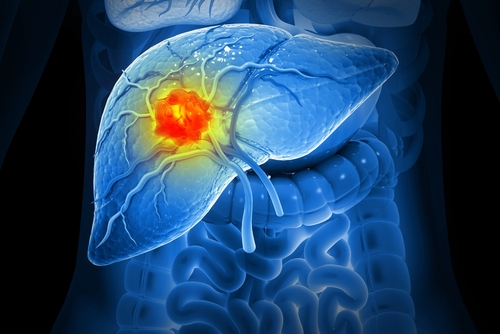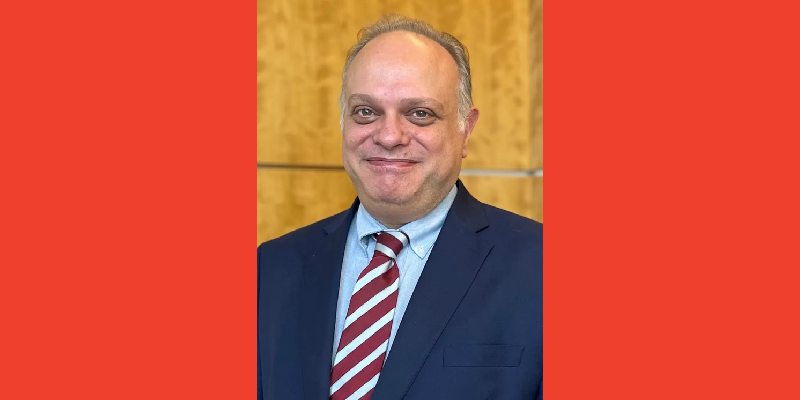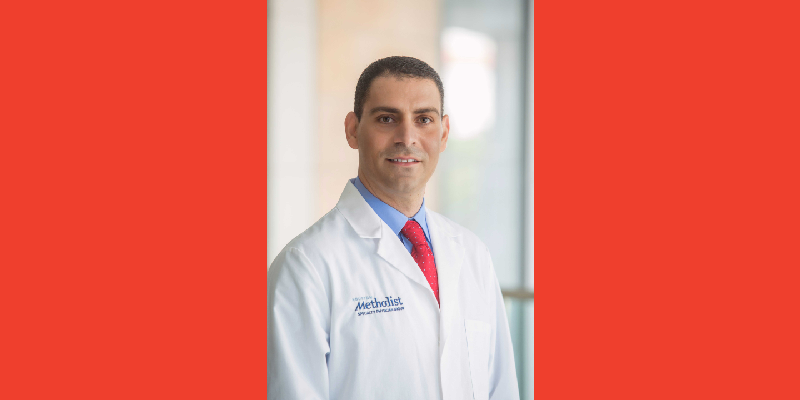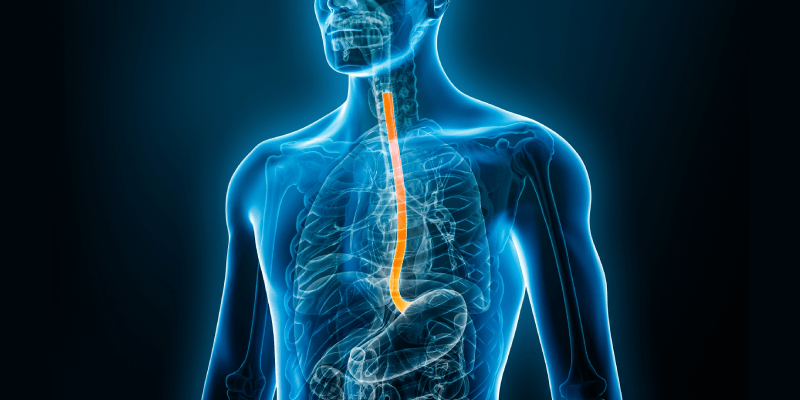
Only 20% to 30% of patients with hepatocellular carcinoma (HCC) are eligible for liver resection. Dr. Bingran Yu and colleagues from the Shanghai Cancer Center examined the clinicopathological characteristics and prognosis of patients with initially unresectable HCC who received hepatectomy after conversion therapy with hepatic arterial infusion chemotherapy (HAIC), tyrosine kinase inhibitors (TKIs), and anti-PD-1 antibodies to determine if these treatments can increase patient eligibility for hepatectomy.
Researchers retrospectively analyzed 67 patients with initially unresectable HCC who underwent HAIC combined with TKIs and anti-PD-1 antibodies followed by hepatectomy between December 2020 and December 2022. Patient characteristics, tumor characteristics, treatment efficacy, perioperative characteristics, pathological characteristics, and survival outcomes were summarized and analyzed.
Patients were treated with a median of 3 sessions (range, 2-6 sessions) of combination therapy and received a hepatectomy at a median of 4 months (range, 1.4-17.8 months) after the initiation of combination therapy. The median size of tumor shrinkage was 4.7 cm (range, 0.9-11.7 cm).
Pathological complete response (pCR) occurred in 23 patients (34.3%); these patients were also found to have better recurrence-free survival (RFS; P=.004). The median RFS rate was 19.3 months, and the median overall survival (OS) rate was 28.7 months. Patients without microscopic vascular invasion had a better prognosis (RFS, P=.011; OS, P=.023). Tumor number was found to be associated with pCR.
Hepatectomy after conversion therapy with HAIC, TKIs, and anti-PD-1 antibodies can serve as a feasible treatment strategy for patients with unresectable HCC.







 © 2025 Mashup Media, LLC, a Formedics Property. All Rights Reserved.
© 2025 Mashup Media, LLC, a Formedics Property. All Rights Reserved.